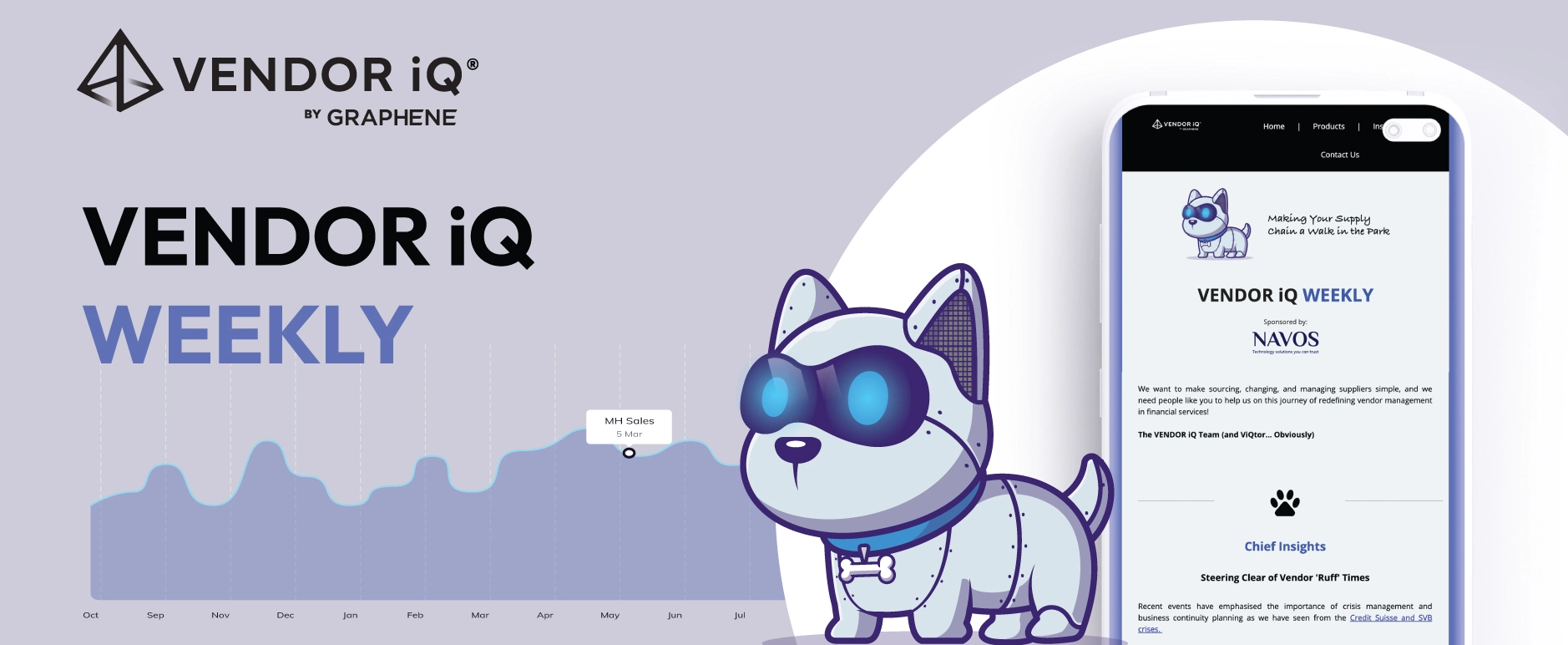
Third-Party Risk Management for Firms Subject to DORA Compliance
The Digital Operational Resilience Act (DORA) is reshaping how financial services firms across the EU manage their digital infrastructure, ensuring that they can withstand disruptions and continue to operate effectively. For firms subject to DORA, managing third-party risks is not just a regulatory requirement but a crucial part of maintaining digital operational resilience.
Understanding DORA’s Impact on Third-Party Risk Management
DORA is structured around five key pillars, with Third-Party Risk Management (TPRM) being one of its foundational components. This pillar specifically addresses how organisations should handle the risks posed by external service providers, including technology suppliers, outsourcing partners, and other critical vendors. For firms relying heavily on third-party providers, the TPRM pillar mandates a proactive approach to managing these relationships, from initial onboarding to continuous monitoring and testing.
Why Third-Party Risk Management Matters
The reliance on third parties can introduce vulnerabilities that may undermine a firm’s operational resilience. A single weak link, such as a compromised vendor, can result in a significant disruption, potentially impacting the organisation’s entire digital ecosystem. This makes the DORA TPRM requirements vital for safeguarding against unexpected risks.
Firms must establish robust processes to identify, assess, and monitor third-party risks. The goal is not just to manage these risks on a one-off basis but to create an ongoing, dynamic framework that evolves with the business environment and emerging threats
Key Requirements of DORA’s TPRM Pillar
For firms to achieve compliance under DORA, they must meet several stringent requirements, including:
Due Diligence and Initial Risk Assessment
Before entering into a partnership, firms must conduct thorough due diligence to assess the potential risks associated with the third-party provider. This includes evaluating their financial stability, cybersecurity posture, and compliance with regulatory standards.
Contractual Agreements and Governance:
DORA stipulates that firms need to establish comprehensive contracts with their third-party vendors, ensuring that roles, responsibilities, and accountability are clearly defined. These agreements should include provisions for data security, access controls, and contingency plans.
Ongoing Monitoring and Review:
Continuous monitoring of third-party performance is critical. Firms must have systems in place to track changes in a vendor’s risk profile, such as shifts in financial health or cybersecurity incidents. Regular reviews and audits should be conducted to ensure compliance and operational stability.
Scenario Testing and Contingency Planning:
As part of maintaining operational resilience, firms must conduct scenario testing that includes third-party disruptions. This allows organisations to evaluate how well they can respond to different types of failures, ensuring that they can swiftly recover from potential outages or data breaches.
Concentration Risk Management:
DORA requires firms to assess the concentration risk associated with third-party providers. If multiple critical services are dependent on a single vendor, firms must develop strategies to mitigate the impact of a potential service failure.

Building a DORA-Compliant TPRM Framework
To meet DORA’s requirements, firms should implement a structured TPRM framework that includes the following steps:
Create a Third-Party Inventory:
Develop a comprehensive list of all third-party vendors, categorising them based on criticality and risk exposure. This allows firms to prioritise vendors that pose the highest risk to operational resilience.
Implement a Risk Scoring Model:
Use a risk scoring system to evaluate each third-party vendor based on factors such as data sensitivity, service criticality, and compliance status. This helps firms identify high-risk vendors and allocate resources accordingly.
Conduct Regular Audits and Reviews:
Periodic audits of third-party vendors are essential to ensure they are adhering to contractual obligations and maintaining an acceptable risk profile. This should be supplemented with automated monitoring solutions to detect emerging risks in real-time.
Develop Incident Response and Recovery Plans:
Establish clear response protocols for third-party-related incidents. This includes identifying key contacts, communication channels, and escalation procedures to minimise the impact of vendor-related disruptions.
Automate Compliance Monitoring:
Consider integrating automated tools to streamline the process of compliance monitoring. This helps firms stay on top of regulatory changes and ensure that all third-party vendors remain aligned with DORA’s evolving standards.

How to Leverage Technology for Effective TPRM
With the increasing complexity of regulatory requirements, technology can play a key role in simplifying TPRM processes. Automated solutions can help firms maintain an accurate, up-to-date view of their third-party risk landscape, enabling proactive risk management and better decision-making. For example, platforms like VENDOR iQ provide firms with the tools to monitor vendor performance, automate compliance tracking, and generate real-time alerts for emerging risks.
Achieving Proactive and Perpetual Compliance
Transitioning from traditional, reactive risk management practices to a proactive and perpetual compliance model is essential for firms under DORA. Rather than viewing compliance as a one-off activity, it should be an ongoing process embedded into everyday operations.
A key step in this transition is implementing a data-centric approach to third-party risk management. With the right tools and frameworks, firms can gain deeper insights into their third-party ecosystems, anticipate potential issues, and respond swiftly to minimise disruptions.
Introducing VENDOR iQ: A Comprehensive TPRM Solution
VENDOR iQ is designed to support firms in achieving and maintaining DORA compliance through a robust TPRM framework. With features such as automated due diligence, real-time risk monitoring, and scenario testing capabilities, VENDOR iQ helps organisations turn compliance into a competitive advantage. By providing a centralised platform to manage third-party risks, firms can ensure they meet regulatory expectations while enhancing their overall operational resilience.
To learn more about how VENDOR iQ can help your firm meet DORA’s TPRM requirements, contact us today to schedule a demo or request more information.





